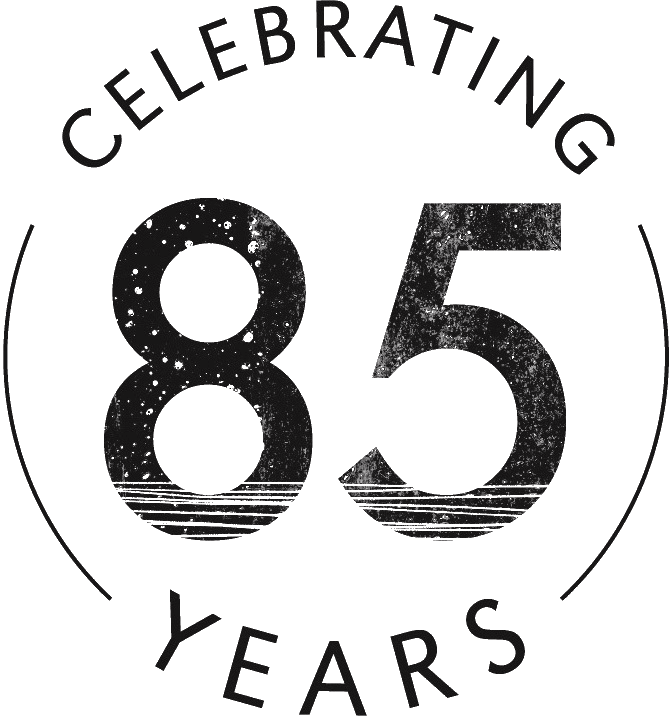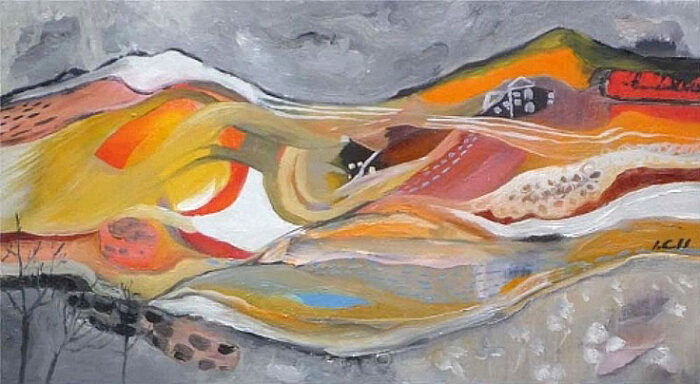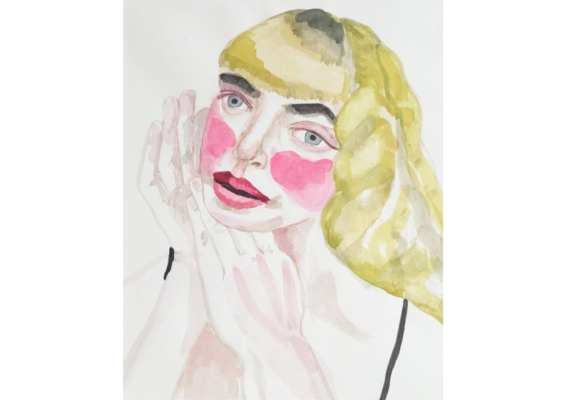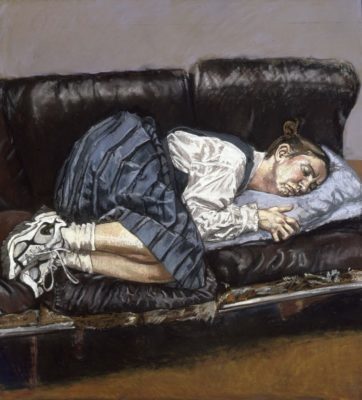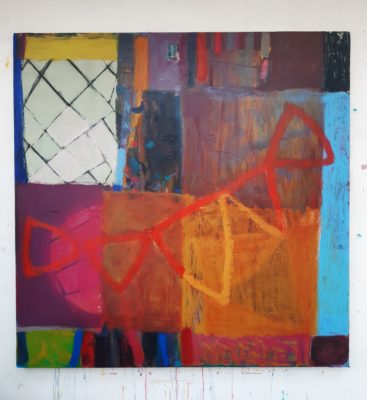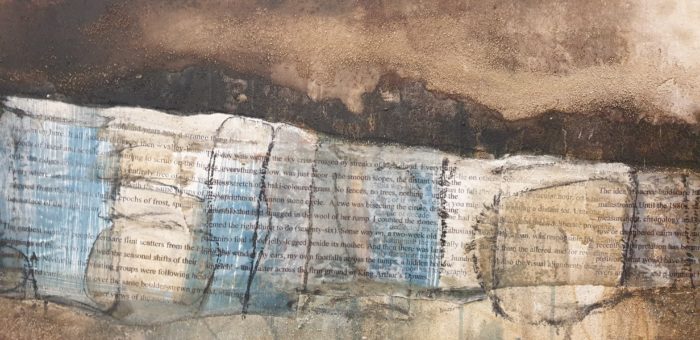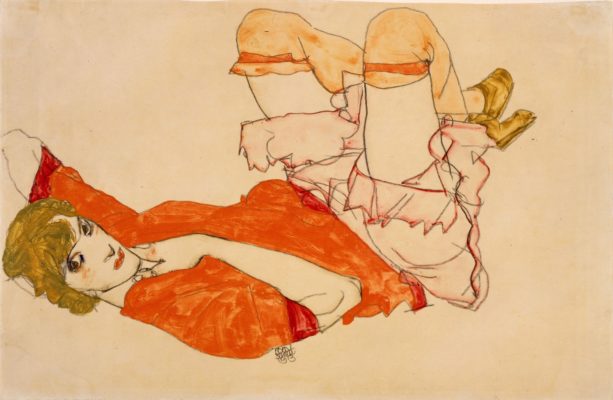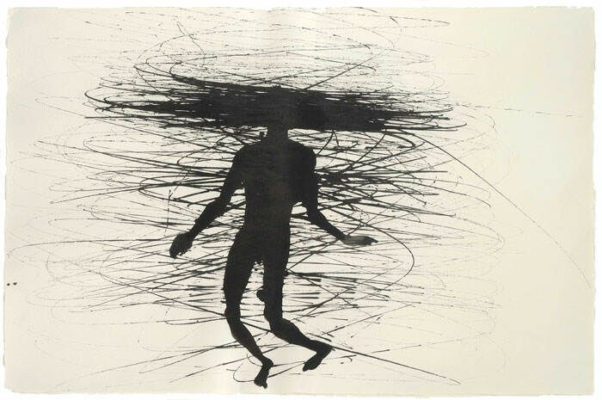Course details
Whether you are a beginner or have a creative practice, this course liberates you from expectations. Explore the techniques of parsemage and automatic drawing to create exquisite paintings in a free and unself-conscious way.
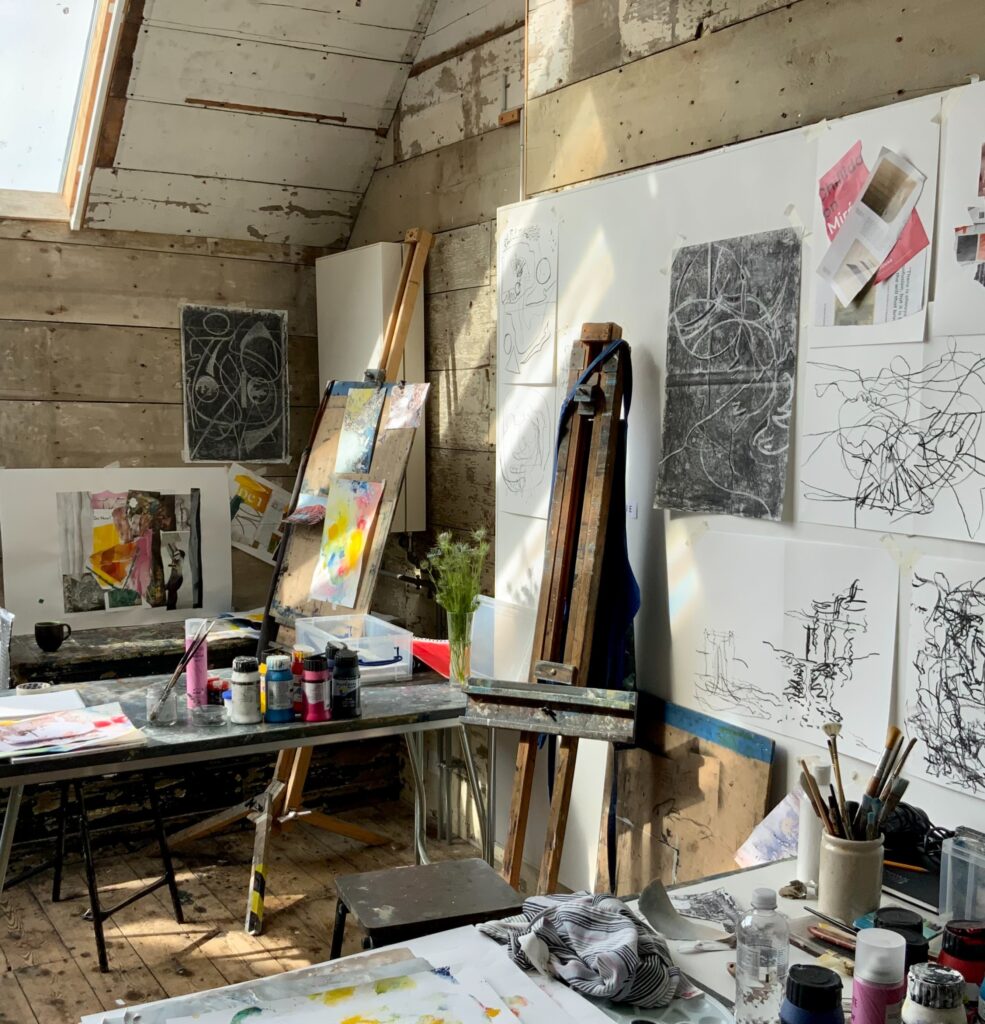
Join artist Kate Southworth for this three-day course exploring the symbolic connections between Alchemy and Calendrical Art. Loosen your approach, embrace chance and happy accidents, and tap into a more unconscious and intuitive way of working. See how various artists including Ithell Colquhoun, Leona Carrington and Hilma af Klint, used alchemy in their life and paintings, and learn various techniques and processes to free-up your practice.
Kate will guide you though practical exercises and group discussions using the stages of alchemy and the transition points of the calendar year. Relating these to your own creative process, you will work with automatic and mindful techniques of image making to encourage your unconscious and conscious creativity to flow and emerge unhinderred.
Learn how to use Parsemage, or powdering, developed by artist Ithell Colquhoun – a process of scattering powdered charcoal and chalk onto the surface of water and scooping paper either underneath the waterline or laying it onto the surface of the water. The traces of charcoal or chalk can then be developed further through drawing and painting. Producing a series of images using this technique, you will then have a chance to work through the results with various methods and mediums to create a unique body of works.
This course is ideal for both beginners and more experienced painters. Great if you are looking for a new direction, or even if you’d like to start painting and are not sure where to start. Kate is a wonderfully calm and attentive teacher who will help you on your painting journey, from wherever you’re starting!
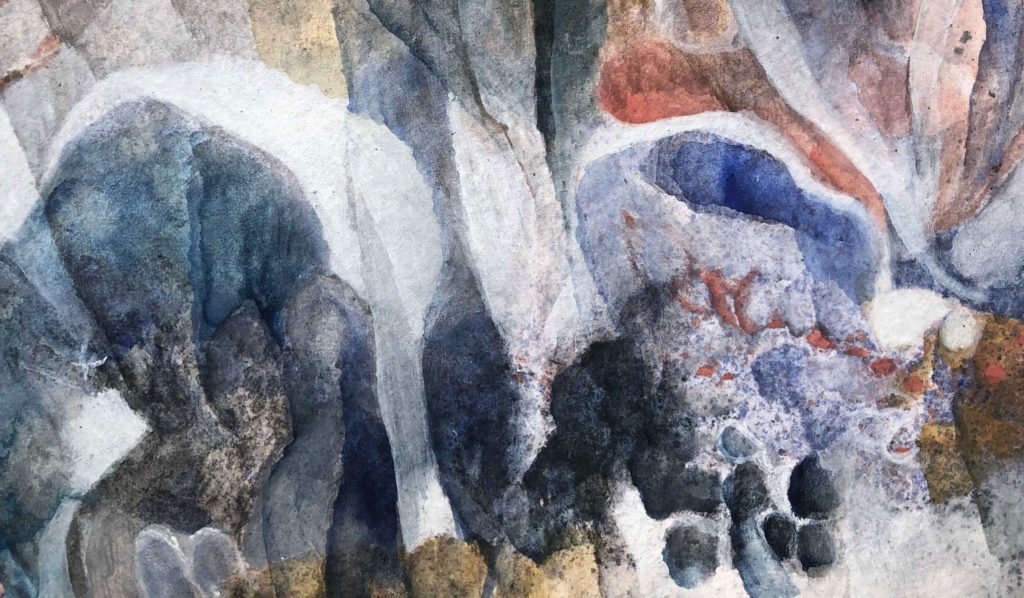
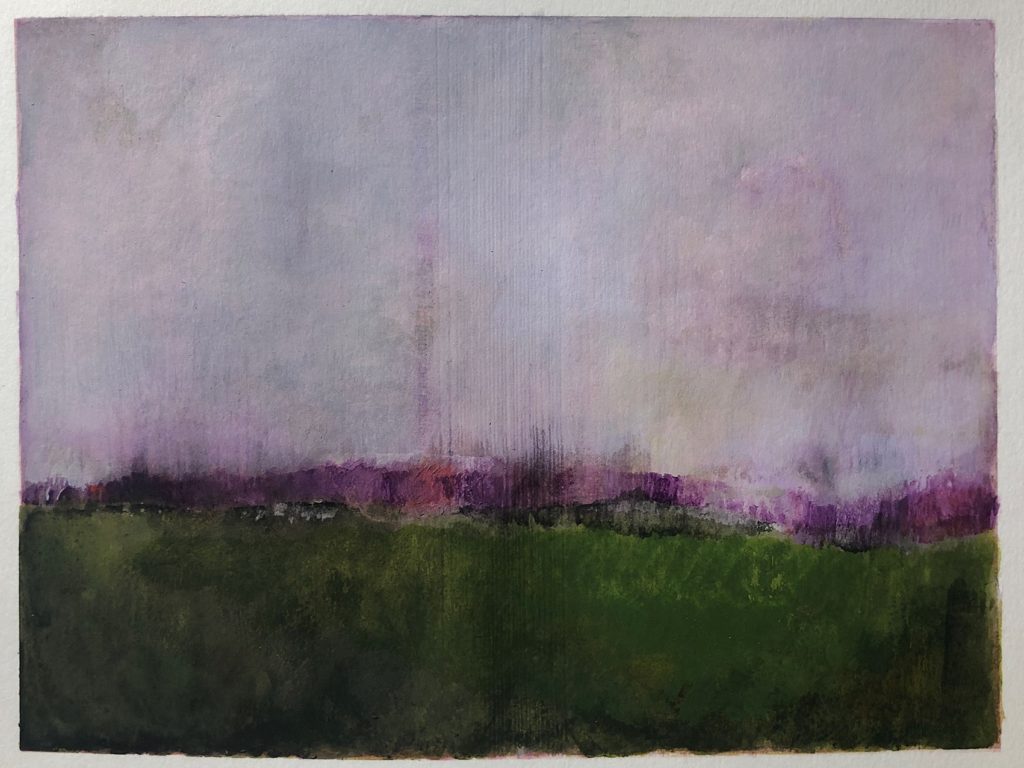
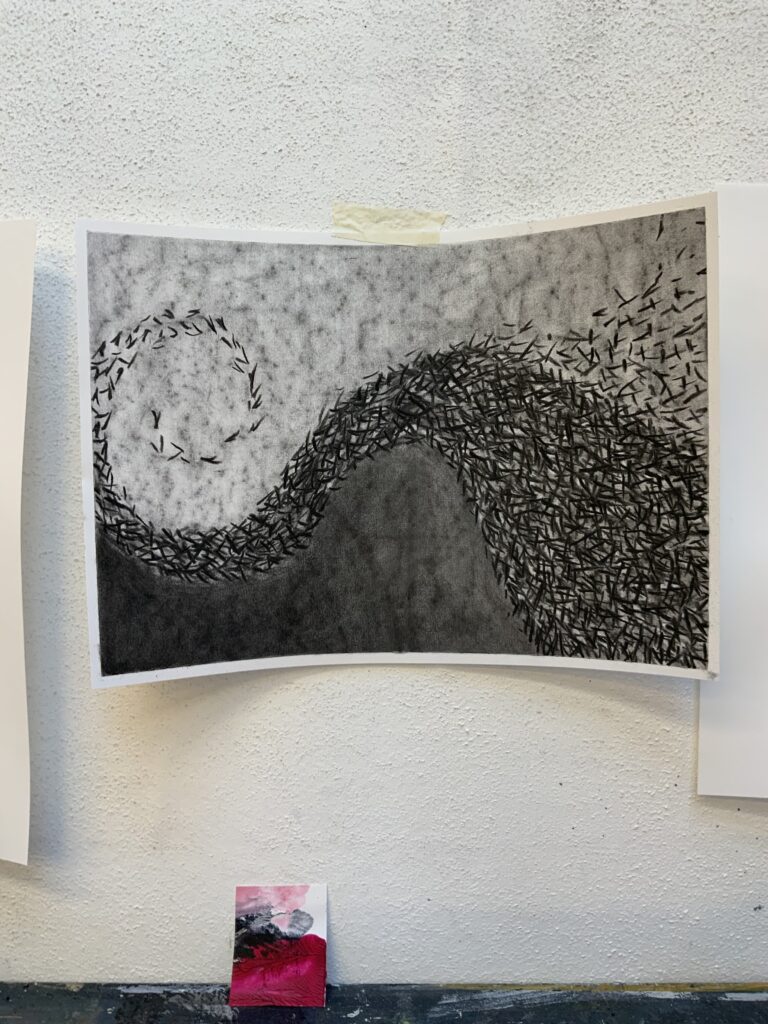
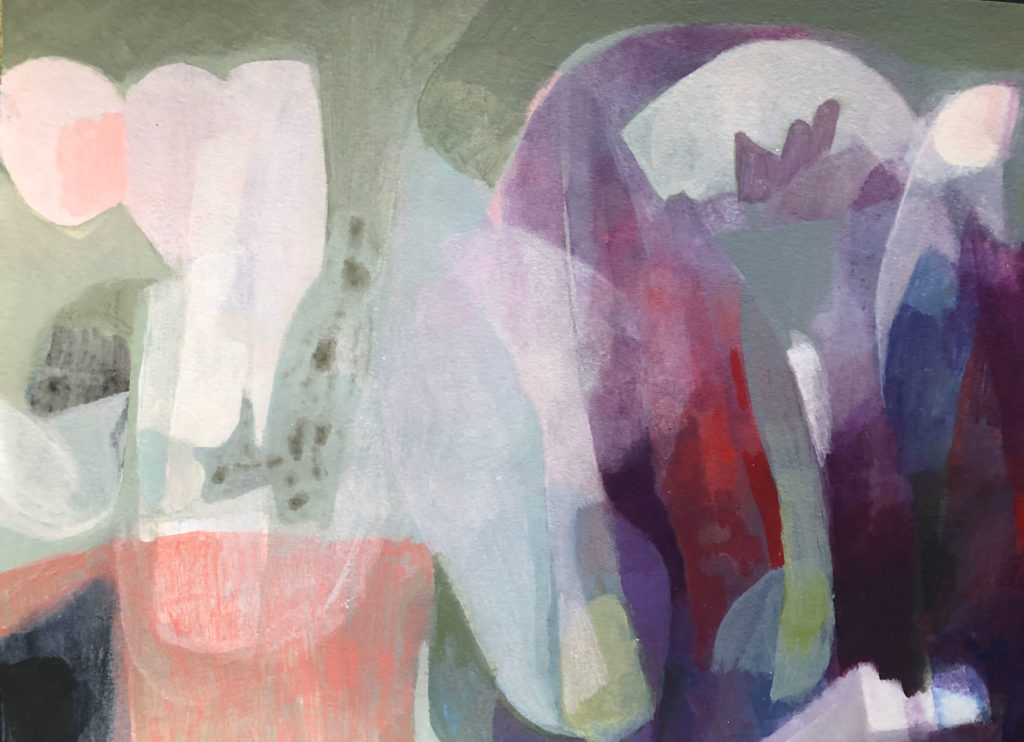
Day to day plan
This is a rough indication of what to expect over the course. However sometimes the structure of the days may alter depending on the nature of the group.
Day 1
On day one we will set the context by exploring creative practice as a transformative process in relation to Alchemy. We will explore some of the symbols, images, ideas, processes and operations found in Alchemy, and look at artists who reference alchemy in their work. In the afternoon we will work with automatic techniques (charcoal and collage) of image making to allow your unconscious creativity to emerge unhindered.
Day 2
We will work with Parsemage or powdering, which was developed by artist Ithell Colquhoun. This involves scattering powdered charcoal and chalk onto the surface of water and scooping paper either underneath the waterline or laying it onto the surface of the water. You will then develop this technique further using drawing and painting in watercolour and acrylic. We will produce a series of images using this technique.
Day 3
Referring to one of the works made over the last two days you will re-interpret it three times using a different medium each time (e.g. collage, painting, drawing). Then setting out your three interpretations you will make notes of the similarities and differences between them. We will end with a group tutorial and discussion.
What will I learn?
- Learn practical tips on navigating the creative process.
- Increased confidence in a range of approaches to making.
- Learn about alchemy and its connection to making art
- Learn to recognise that there’s no such thing as bad work and to feel confident about making.
Who would this course suit?
This course would suit artists at any stage in their creative journey; whether you have an established practice or are just starting out. Ideal if you are looking for ways to increase skills, experience and attitude as well as interests and mobility.
Taught by
What to Bring
Our studios are fully equipped and we provide you with all the materials you need for your course. However, if you have a favourite set of brushes or any specialist materials that you would prefer to use, please bring them with you.
Timings and Breaks
The first day starts at 10am and finishes at 4.30pm, please aim to arrive ten to fifteen minutes before the start time.
All course days after that start at 9.30am and finish at 4pm and there will be an hour for lunch. There are plenty of nearby places to eat and we will serve tea and coffee at break times during the day.
What our students say
A beautiful course on all levels, deep and lovely productive time spent on understanding the process – Kate really is a great tutor.
Look at painting in a completely different way to other courses.
I didn’t really know what to expect as I am new to painting, but it was such brilliant experience, I really learnt a lot.
Kate facilitated and respected the varied needs & ways of working of each individual, regardless of previous experience. Kate was a very gentle and open tutor giving just the right amount of structure and guidance, whilst never imposing herself but always available. Thank you very much for a relaxing and reviving course.
It was well paced with rich content, with a focus on discovering and developing our individual style. The tutor’s gentle and affirming approach was both helpful and encouraging.
FAQs
Studio Courses
How can I get help in choosing a course?
Our friendly expert staff are always happy to discuss your needs and our courses in more detail to help you with your decision. Please call us on 01736 797180
How do I get my work home?
Tutors have special techniques for transporting oil paintings and the school has plastic folders available in our shop for £3.50 or do bring a portfolio.
For international students we are happy to arrange transportation of your work back home.
What do I need to bring?
Absolutely nothing! All materials and aprons are provided although some people do like to bring their own set of brushes.
What do I do for lunch?
Courses allow an hour’s break for lunch and there are numerous places nearby or you are welcome to bring a packed lunch into the studio.
What times do courses run?
Most of our courses start at 10am and end at 4.30pm on the first day. Subsequent days we start at 9.30am ending at 4pm.
Weekend Courses run 10am – 4pm on the first day but the final day starts at 9.30 and ends at 3.30 with a short lunch break to enable people to get home that evening.
Do you have to be experienced to come to the School?
The School is a very friendly and welcoming place for all ages and experience. Our drop-in life classes and August half-day workshops are ideal for those wanting to have a go for the first time. Most of our longer courses are also fine for novices.
If any of the courses do need a bit of experience we flag this up in the brochure and on the website.
Booking a Course
How can I reserve a place?
We will hold a provisional reservation for 24 hours if you give us a call whilst you find accommodation. Otherwise please book online or by telephone 01736 797180.
You can reserve a place with a £100 deposit; balance is due 12 weeks before course start date.
About St Ives
Where do I park?
The nearest long stay public car parks are the Island and Barnoon Long Stay Car Park, both a 5 minute walk away. In the peak summer months it may be easier to park at Trenwith Car Park by the leisure centre and walk down into town. If you don’t fancy the walk up the hill at the end of the day there is a shuttle bus which runs from outside the cinema.
How do I get there?
Public Transport: If you are coming from further afield the main train line runs into St Erth which is a 15 min taxi ride away or you can take the St Ives Bay Line which runs approx. every 30 minutes. The School is a 10 minute walk from St Ives station.
Driving: M5 will take you to Exeter where we recommend that you take the A30 across Bodmin Moor and into Cornwall. After passing Hayle, leave the A30 at St Erth roundabout for St Ives. Turn right at the second roundabout. This road will take you through Lelant and Carbis Bay into St Ives.
Where can I stay?
St Ives has a huge selection of hotels, guest houses and self catering accommodation to choose from. Please browse the art holidays St Ives section on our website and give us a call if you would like any help.
